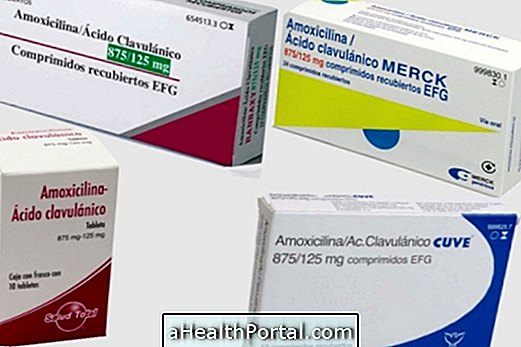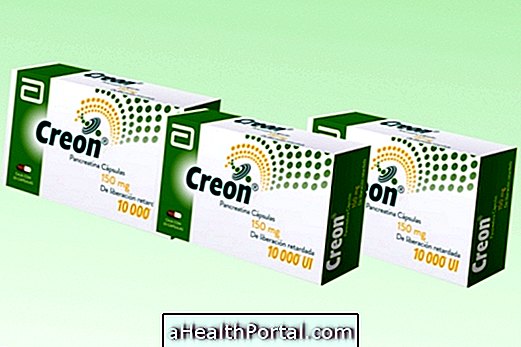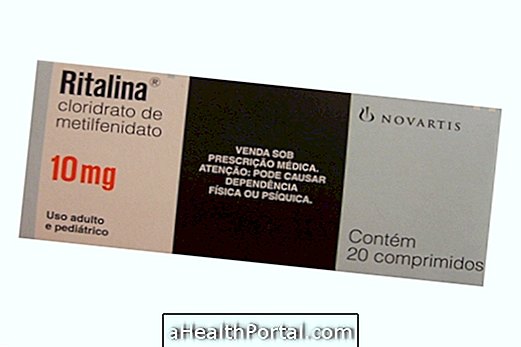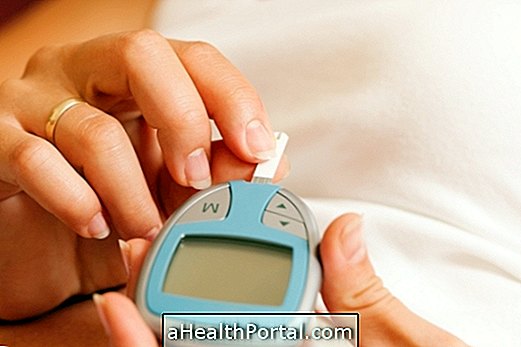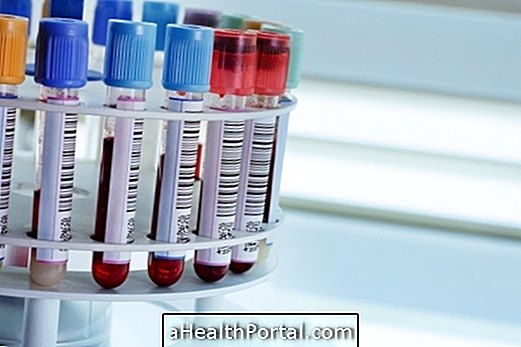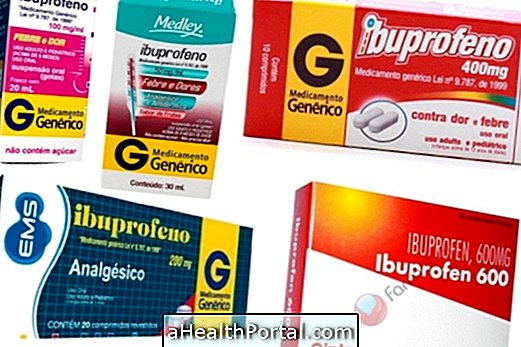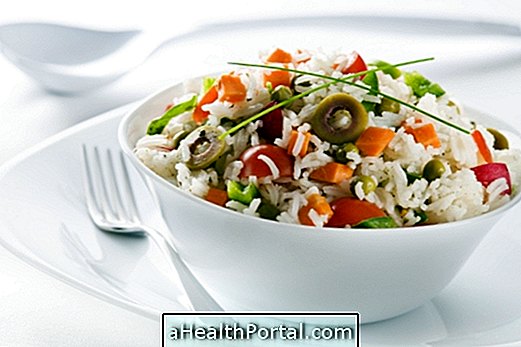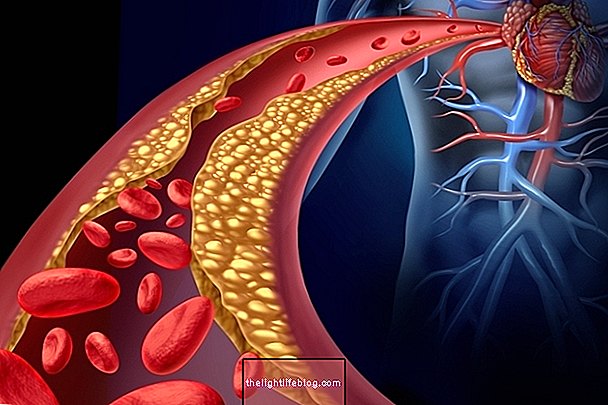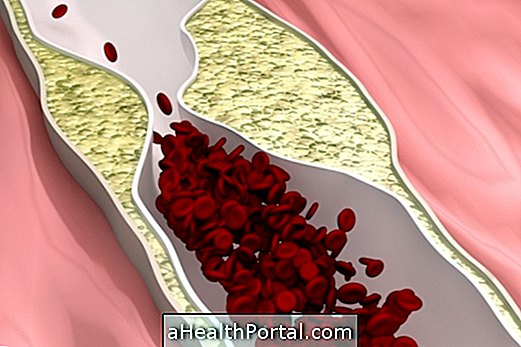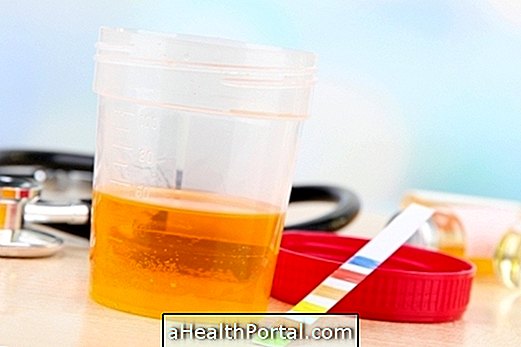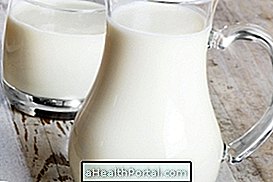Potassium Iodide can be used to treat different problems, such as to help expel sputum or to treat nutritional deficiencies or cases of exposure to radioactivity.
This remedy can be found in the form of syrup or lozenge and is an element with anti-radioactive properties, which protect the thyroid and the entire endocrine system of the body, and also have expectorant properties.
Indications
Potassium Iodide is indicated for the treatment of pulmonary problems such as bronchial asthma, bronchitis, pulmonary emphysema, nutritional deficiencies and for the treatment of cases where a radioactive exposure has occurred.
Price
The price of potassium iodide varies from 4 to 16 reais, and can be purchased at conventional pharmacy, drugstore or online stores.
How to take
For the treatment of pulmonary problems
- Children over 2 years of age : 5 to 10 ml of syrup should be taken, taken 3 times a day as directed by the doctor.
- Adults : 20 ml syrup is taken, taken up to a maximum of 4 times per day, as directed by your doctor.
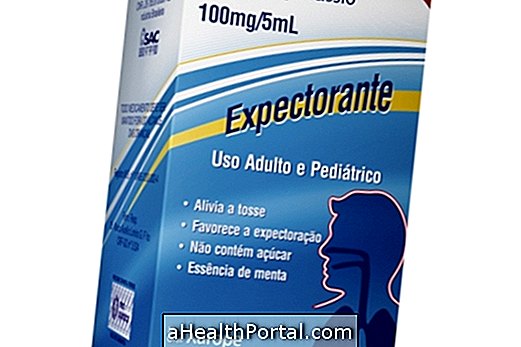
For the treatment of nutritional deficiencies
- Adults and children over 12 years of age : should be taken between 120 and 150 micrograms per day, as directed by your doctor.
- Pregnant and breastfeeding women : should be taken between 200 to 300 micrograms per day, as directed by the doctor.

For the treatment of exposure to radioactivity
- In these cases, if possible, potassium iodide should be administered during exposure to the radioactive cloud, or until 24 hours after exposure, and after this time the effect of the drug will be less and less since the body will have absorbed some of the radiation.
Side effects
Some of the side effects of potassium iodide may include increased saliva production, metallic taste in the mouth, wounds on the teeth and gums, problems in the mouth and salivary glands, enlargement of the thyroid gland, very high or low levels of the hormone thyroid, nausea, abdominal pain or hives on the skin.
Contraindications
Potassium iodide is contraindicated during pregnancy and breast-feeding for patients with tuberculosis, Addison's disease, acute bronchitis, symptomatic hyperthyroidism or thyroid adenoma, patients with kidney disease or dehydration, and for patients with allergy to iodine or any of the components of formula.

